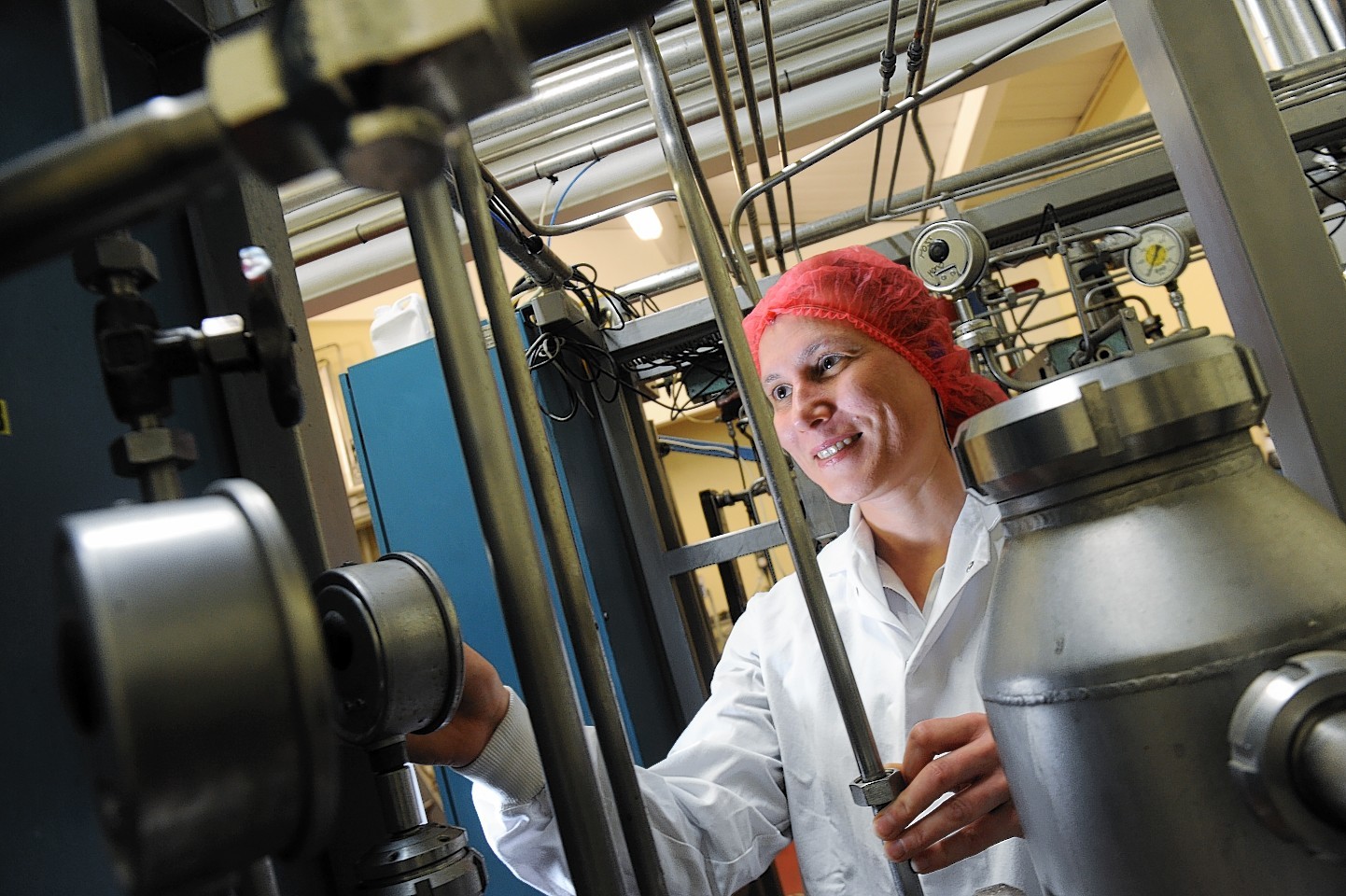North-east food ingredient firm Macphie of Glenbervie aims to cash in on its latest production technology in two ways.
Its new microwave senors – developed in partnership with Edinburgh-as Heriot-Watt University – are expected to boost profits by reducing waste in the manufacturing process.
A stake in the intellectual property means Macphie will also share in any proceeds generated from selling the technology.
The firm, whose products are used by bakers, pubs, restaurants, hotels, ready-made food firms and caterers throughout the UK, has teamed up with Heriot-Watt before to find innovative ways to increase production efficiency.
Last year, the Press and Journal reported how its use of ultrasound in cooking was being patented and further developed after a £500,000 grant from the Technology Strategy Board.
The latest collaboration is expected to help the company to compete more effectively against much larger global competitors.
Macphie is using the microwave sensors in its UHT plant, which makes products such as sweet and savoury sauces, glazes, dairy cream alternatives and desserts.
Water has to be flushed through the manufacturing system at each product change, and the new sensors cause less wastage than the old timer-based method.
They are the result of a work led by Censis, the Innovation Centre for Sensor and Imaging Systems, which was set up last year to provide support and encouragement for research and development (R&D) projects in Scotland.
Ashley Baker, head of R&D at Macphie, said: “This project is a significant step for us and allows us to be more flexible and responsive to the changing demands of the market and our customers.
“It will help us produce more efficiently, lessen our impact on the environment through reduced waste and increase our production yields.
“It will also make it easier for us to switch production from product to product, and make developing new products a much more efficient process.”
Delphine Thaeron, the firm’s senior R&D manager, added the sensors’ impact on wasteage was “significant”.
Censis chief executive Ian Reid said it showed what can be achieved when Scotland’s “academic excellence and business acumen” are brought together.
He added: “The results of the pilot scheme will help make an innovative company more competitive on the global stage, and that is the kind of advantage we are looking to bring to Scotland’s business community.”
Macphie employs 250 people at sites at Glenbervie and Tannochside, Glasgow.
It turned over £44million in its last full financial year.
The family-owned company was founded as a wholesale business by Alister Macphie in Glasgow in the 1920s.
It moved into manufacturing in the 1970s and its headquarters were relocated to Glenbervie – where the Macphie family had been farming for more than 700 years – in 1973.
